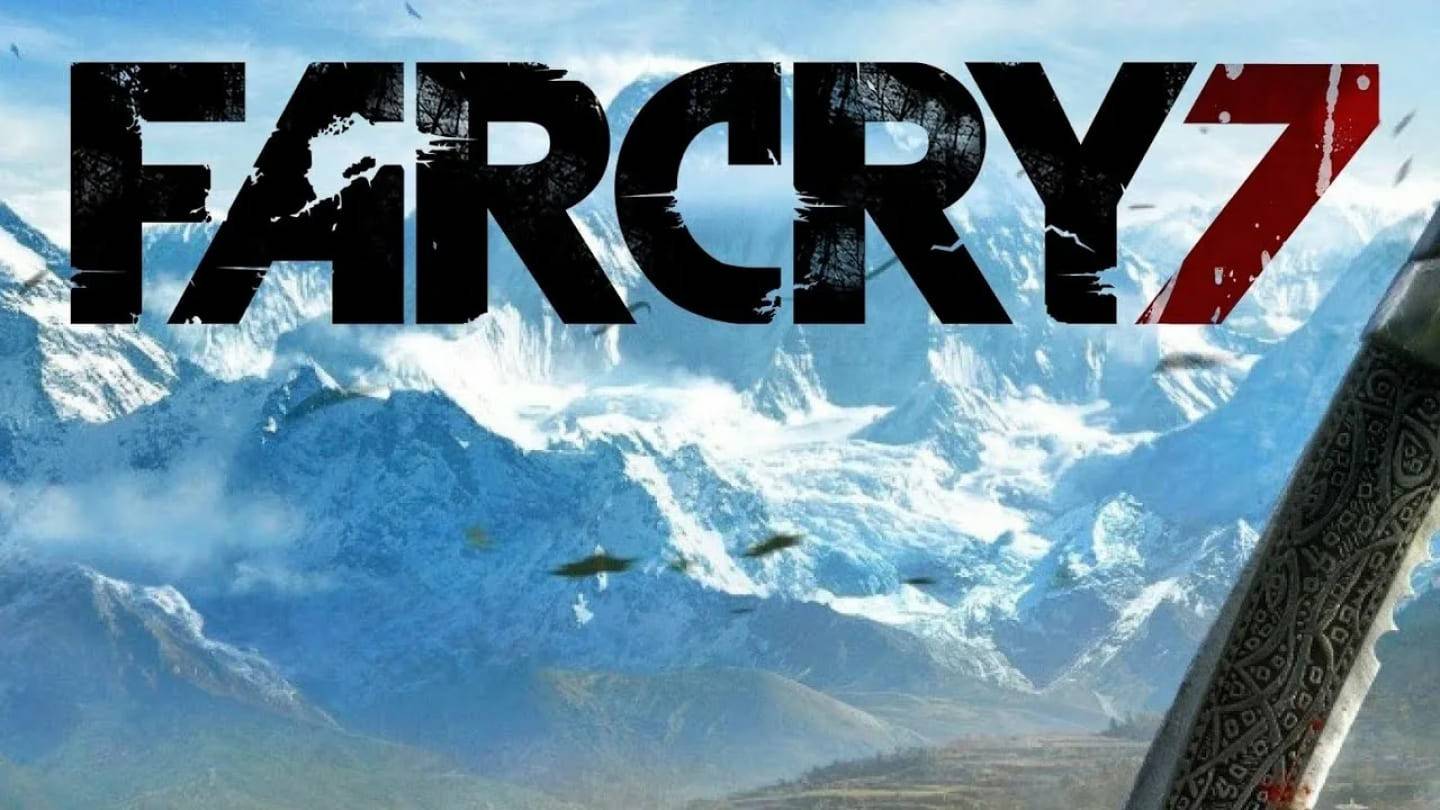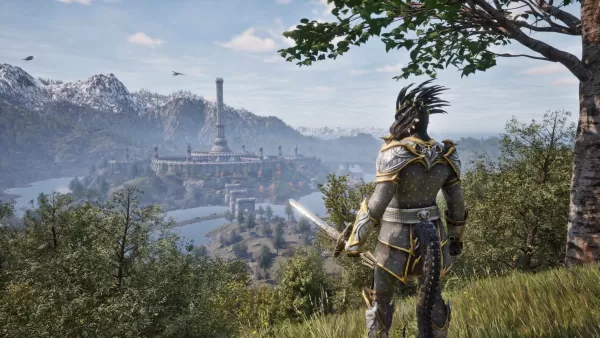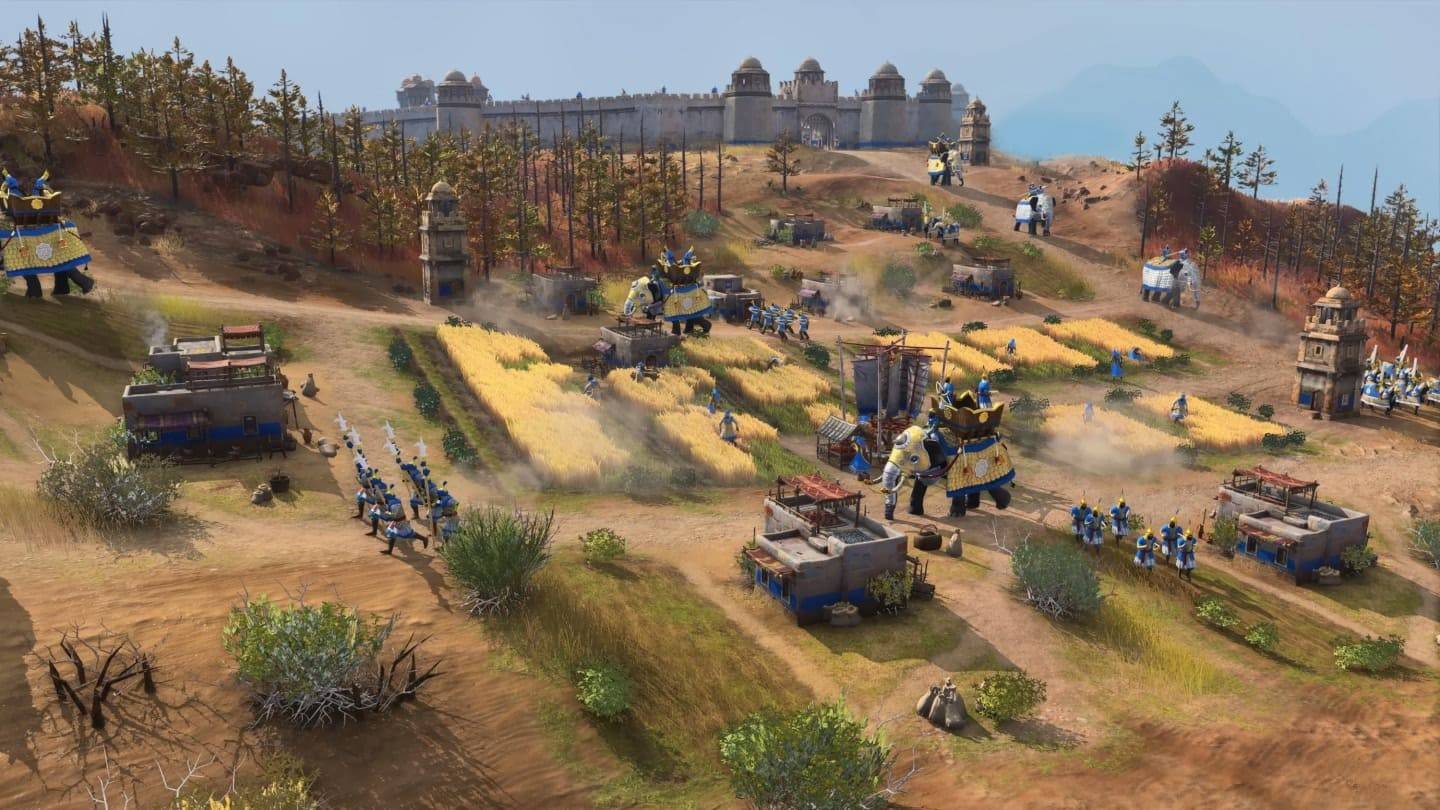The Screen Actors Guild - American Federation of Television and Radio Artists (SAG-AFTRA) has provided an update to its members regarding the ongoing negotiations over video game actor AI protections. While some progress has been made, the guild remains "frustratingly far apart" from the industry bargaining group on several crucial issues.
SAG-AFTRA has released a detailed chart highlighting the differences between their proposals and those of the games industry bargaining group, which includes representatives from major AAA gaming companies. Key points of contention include:
- Protection from digital replica or generative AI use for all work, not just work produced from the date of the agreement onward.
- A definition of "digital replica": SAG-AFTRA wants to include any performance, vocal or movement, "readily identifiable or attributable to" a performer based on work contracts. The bargaining group prefers the term "objectively identifiable," which SAG-AFTRA argues could exclude many performances.
- The inclusion of "movement" performers in the generative AI agreement.
- Using the phrase "real-time generation" to refer to AI-created performances, while the bargaining group proposes "procedural generation," which SAG-AFTRA says has a different meaning in the gaming industry.
- Whether employers must disclose if they will blend a performer's voice with others to create a digital replica.
- Disclosure requirements for using a performer's voice in a real-time chatbot or for scripted dialogue in game development.
- SAG-AFTRA's proposal to withdraw consent for digital replica use during strikes, while employers want to continue using them, even on struck games.
- The duration of consent for real-time generation: SAG-AFTRA suggests five years, requiring renewal, whereas the bargaining group wants unlimited consent for dialogue.
- Minimum compensation for digital replica creation and use, with tentative agreements on bonus pay but ongoing disagreements on other compensation aspects.
- The bargaining group's proposal for bonus rights similar to those in the SAG-AFTRA TV/Film agreement, which SAG-AFTRA finds too broad and potentially circumventing union rights, though open to considering it with stricter boundaries.
- SAG-AFTRA's desire for a system to track digital replica usage to ensure appropriate performer compensation, which the bargaining group deems infeasible but is willing to discuss.
- Definitions and regulations concerning "synthetic" performers created entirely by generative AI systems.
Despite these differences, the chart shows tentative agreements on several other issues, including bonus pay, dispute resolution, certain elements of minimum compensation, consent requirements, and certain disclosures to performers. However, SAG-AFTRA has expressed concern that the bargaining employers are misrepresenting the closeness of a potential deal to members.
SAG-AFTRA's national executive director and chief negotiator, Duncan Crabtree-Ireland, emphasized the ongoing impact of the strike on employers, who are feeling the pressure as projects move through the production pipeline. He warned members about the risks of accepting roles without adequate AI protections, highlighting that such actions could undermine the strike and expose performers to exploitation.
In response, Audrey Cooling, spokesperson for the video game industry bargaining group, stated that they have proposed a deal with over 15% wage increases for SAG-AFTRA represented performers, enhanced health and safety protections, industry-leading terms for AI digital replicas, and additional compensation for performances used in other games. They expressed eagerness to return to the bargaining table to finalize an agreement.
The SAG-AFTRA video game strike, now in its eighth month, was initiated due to disagreements over AI provisions, despite 24 out of 25 other contract proposals being agreed upon. The strike's impact is becoming increasingly visible in the gaming industry, with players noticing unvoiced NPCs in games like Destiny 2 and World of Warcraft. Last year, SAG-AFTRA struck League of Legends after Riot allegedly attempted to circumvent the strike, and Activision recast characters in Call of Duty: Black Ops 6 following player concerns about new voices. Most recently, two Zenless Zone Zero voice actors discovered their replacement through the game's latest patch notes.








